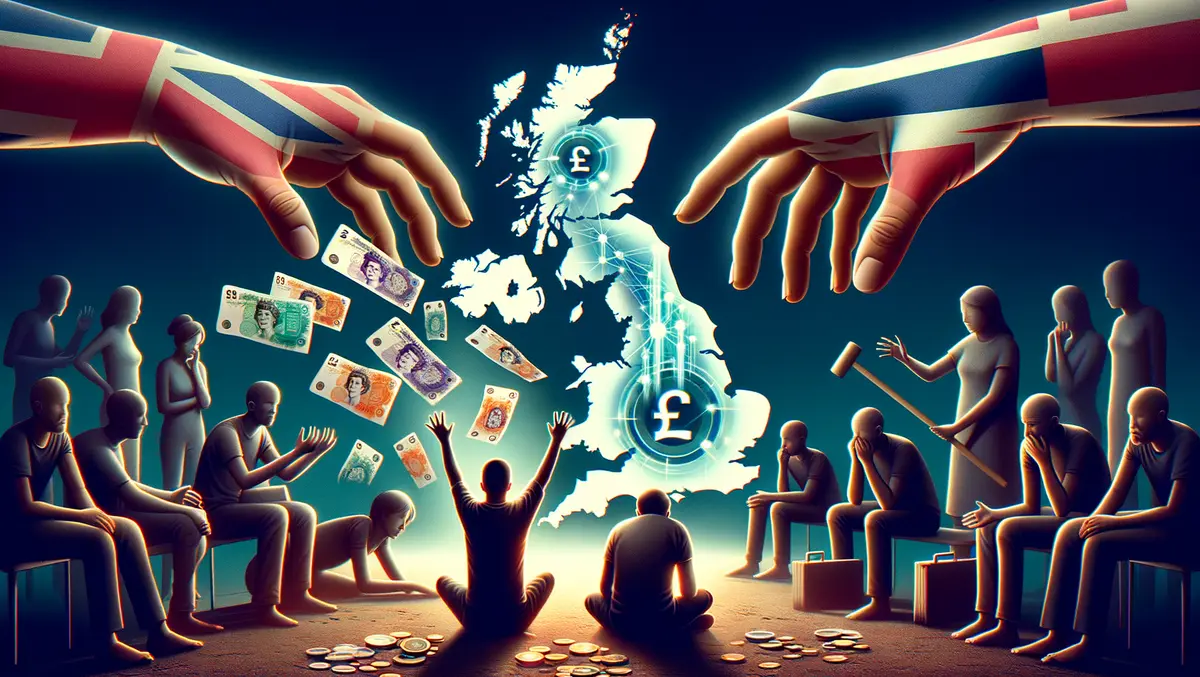
Pandemic propels UK towards cashless economy despite resistance
The mass rejection of cash across retail outlets during the pandemic is considered as a turning point for the cashless economy. Despite advancements in technology, some resistance persists towards adopting cashless solutions, with a preference to see cash return to our spending habits. "Partnering with a trusted and reliable payment provider is the safest way to store and spend your money" says Jeremy Baber, CEO of Lanistar. He highlights that replacing cash with a payment card significantly reduces the loss risk in case of misplacement or theft, with a minor inconvenience, if any.
The development of mobile and contactless payments has accelerated the abandonment of cash across the UK, stirring significant interest from Generation Z and Millennials. Attempts are being made to preserve access to free-to-use ATMs as many people still rely on regular cash usage across the UK. Jeremy Baber holds the view that the shift of reliance from cash to contactless has been largely favourable. A cashless economy negates the need to worry about losing cash and waiting for change to be counted in a transaction.
One common concern about cashless transactions is their security. However, Baber points out that cash is more difficult to trace compared to digital payments. He elaborates, "When taking down organised crime or attempting to trace suspicious payments, cash provides no help for authorities. The paper trail offered by payments within a cashless economy goes a long way in helping track down and identify criminal activity." He asserts that a cashless economy, thus, holds a significant advantage over cash transactions when it comes to tracking and tracing illicit activities.
Cashless transactions are projected to surpass the 2.7 trillion mark by 2027. The digital payments sector is expected to become increasingly sleek and secure, thanks to advancing technology. Baber says, "Building the trust we see in the digital payments sector can be credited to advancements in security. Measures such as biometrics and in-app authentication have bolstered the security credentials for customers, making the switch to cashless more comfortable."
There is still resistance to a cashless economy, shown by recent data indicating an increase in cash usage in the year leading up to September 2023, following a decade of decline. However, Baber reassures that digital is a safe and secure method to spend and store money. He concludes, "This is not a call to eradicate cash usage across the country. Rather, with an increasingly digital and contactless economy, it is important to assure those who are resistant to digital that this evolution is progress for the better. With ongoing advancements, storing and spending money digitally will become increasingly seamless and secure for users and merchants."


